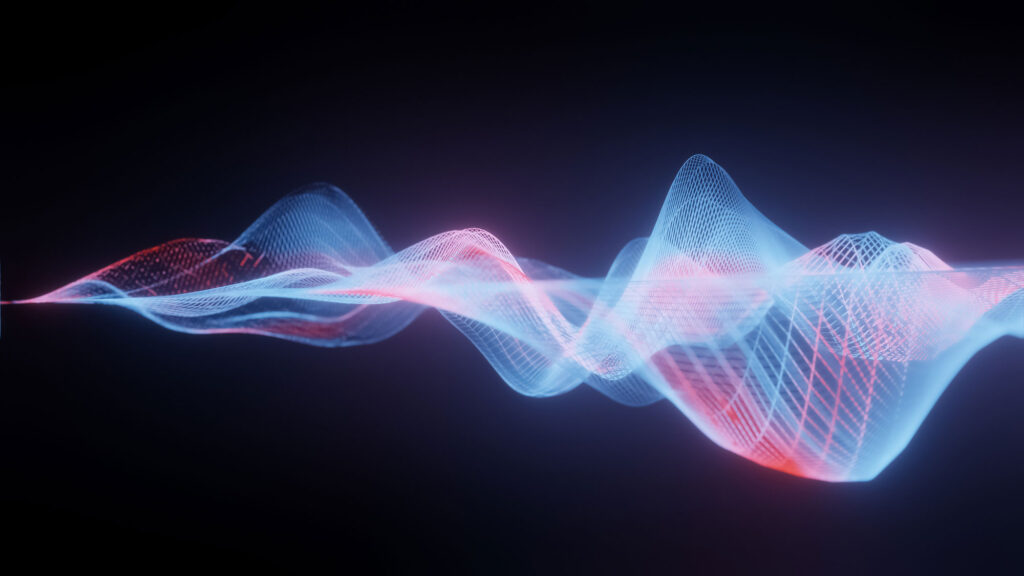Sleep
What is Your Sleep Biorhythm and Why is It so Important?
Your sleep biorhythm, which is a major part of your circadian rhythm, is one of several biological rhythms that you have. While everyone has a sleep biorhythm, it’s always unique from person to person.
In addition to helping you feel rested and refreshed after a night of snoozing, your sleep biorhythm is important to your overall health and wellness. It’s important to maintain a healthy, consistent sleep biorhythm if you want to avoid sleep conditions and disorders, such as occasional sleeplessness. If you’re curious and want to know more about your sleep biorhythm and why it’s so important, keep reading!

What is Your Sleep Biorhythm?
It’s difficult to fully understand sleep biorhythms unless you’re a sleep expert. In general, however, the sleep biorhythm is part of a biological, internal clock in the brain known as your circadian rhythm. This internal clock helps regulate things like body temperature, sleep patterns, hormone secretion, and many other autonomic responses, and it does so without you even knowing about it.
Your sleep biorhythm, sometimes known as the sleep-wake cycle, refers to everything that your body does while you’re asleep. It influences the quality of your sleep and how rested or sluggish you feel when you wake up.
The reason that your sleep biorhythm is a major part of your circadian rhythm is because of how light and other environmental factors affect it. For instance, light significantly affects the sleep-wake cycle, which is why it takes time for people to adjust to sleeping during the day and working during the night. Your body naturally associates darkness with sleep, courtesy of your circadian rhythm and sleep biorhythm.
How Does the Sleep Biorhythm Work?
To understand how sleep biorhythms work, we need to look at how circadian rhythms work as a whole. Circadian rhythms are based on a 24-hour internal clock inside the brain that works automatically and doesn’t require any intentional input from you. While they’re best understood in humans, all plants, animals, and living organisms have a circadian rhythm.
The internal clock that controls your circadian rhythm tells your body to do a ton of things that you can’t control on your own. It helps regulate things like your body temperature, digestion, protein secretion, how your body uses energy, and much more. Additionally, when it gets dark outside, your internal clock tells your body to release melatonin, which makes you start feeling drowsy and sleepy.
This, in turn, starts the sleep biorhythm cycle, which refers to the time when you fall asleep to the time you wake up. Your sleep biorhythm helps you stay asleep, go through the various sleep cycles, and wake up in the morning feeling refreshed. Conversely, however, if you don’t have a healthy sleep biorhythm, it can result in occasional sleeplessness, not feeling rested, and waking up periodically throughout the night.
Why is Your Sleep Biorhythm Important?
Your sleep biorhythm is important because it determines how well you sleep at night and how rested you feel in the morning. If your sleep biorhythm is off, it can result in a number of things, including the following.
- Feeling drowsy or unrested when you wake up in the morning.
- Depression
- Having a bad temper
- Mood changes and swings
- Headaches
- Trouble focusing
These are just the short-term effects of having a bad sleep biorhythm. If your biorhythm is off for a prolonged period of time, it will start to affect your physical and mental health.
Tips for Maintaining a Healthy Sleep Biorhythm
If you want to stay healthy and alert by maintaining a healthy sleep biorhythm, here are a few tips and tricks.
Make Healthy Lifestyle Choices
One of the best ways to maintain a healthy sleep biorhythm is by making wise food and beverage choices while you’re awake. You should avoid large amounts of caffeine, nicotine, and alcohol, especially right before trying to go to sleep. Additionally, you should also consider adding healthy supplements to your diet, like magnesium, ashwagandha, chamomile, and passion flower.
While many individuals begin trying to regulate their sleep by using melatonin, this can actually disrupt your sleep rhythm over time. Recent studies have shown that doses over 0.3 mg can disrupt your circadian rhythm and mutually beneficial sleep cycles.
Avoid Blue Light and Pursue Sunlight
Melatonin is the main hormone in the human body when it comes to activating your sleep biorhythm. By getting plenty of sunlight and Vitamin D in your system, you’ll increase the flow of melatonin. Blue light from computer screens and phones, on the other hand, will have the opposite effect and stimulate your system.
Keep a Consistent Sleep Schedule
It’s also crucial that you maintain a consistent sleep schedule. Do this by avoiding long naps in the afternoon that will end up keeping you awake at night. It’s also a good idea to exercise regularly and to avoid electronics for a minimum of two hours before going to bed.
Like? Share with your friends
Learn More Information on How Somni Can Offer You a Better Sleep Experience*

